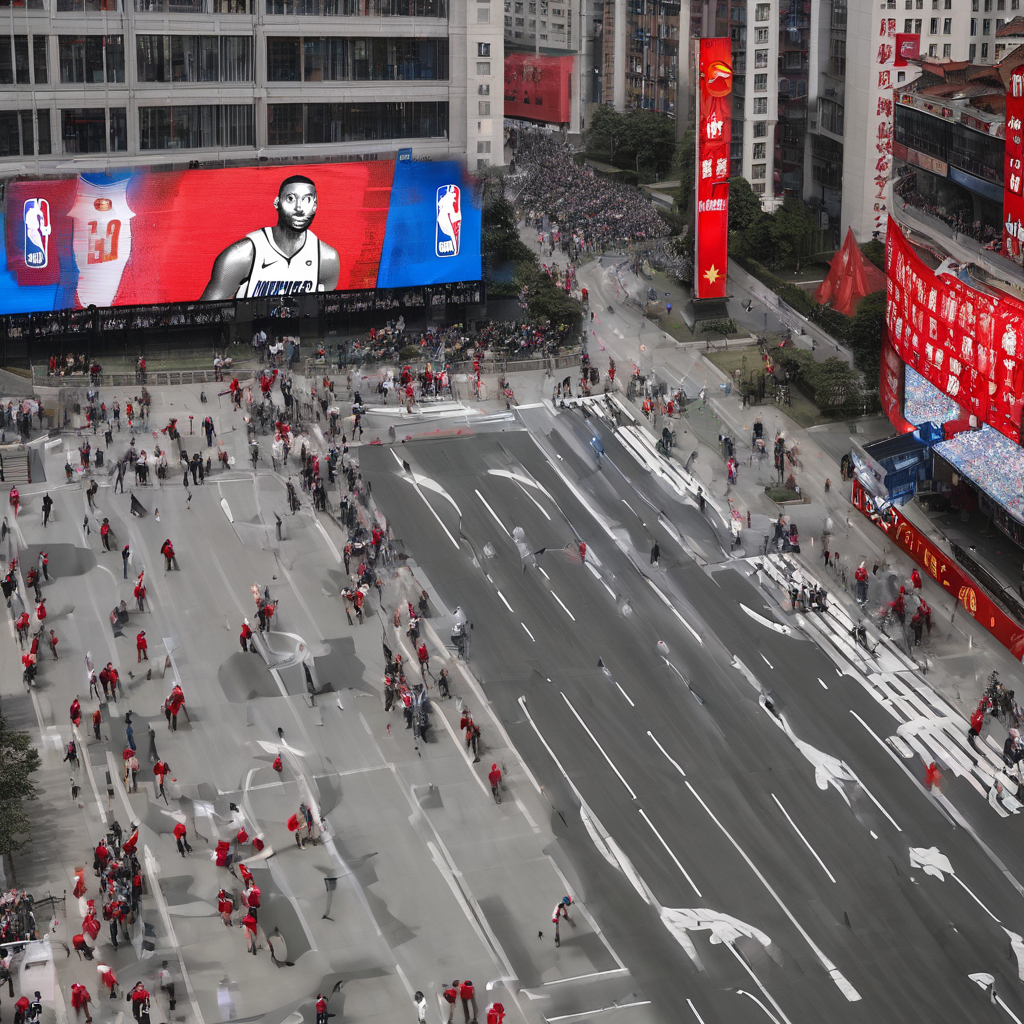NBA Returns to China: What Does It Mean for Business and Politics?
NBA Returns to China: What Does It Mean for Business and Politics?
After a hiatus of several years, the National Basketball Association (NBA) is making its comeback to China. This weekend will see two pre-season games between the Brooklyn Nets and the Los Angeles Lakers played in Macau, marking the first time NBA games have been held in China since the fallout from a 2019 tweet by then-Houston Rockets general manager Daryl Morey supporting pro-democracy protests in Hong Kong. This move raises significant questions about the intersection of sports, business, and international relations.
The initial controversy erupted when Morey’s tweet led to a swift and severe backlash from the Chinese government and state media. NBA games were pulled from Chinese television, sponsorships were suspended, and the league faced accusations of disrespecting China’s sovereignty. The financial impact on the NBA, which had cultivated a massive and lucrative market in China, was substantial.
While the NBA maintained it supported free speech, the incident underscored the complex and often fraught relationship between Western businesses and China. The Chinese market represents a significant revenue stream for many multinational corporations, but operating within China often requires navigating a complex web of political sensitivities and censorship. This situation puts companies in a difficult position, forcing them to balance their values with their commercial interests.
The return of NBA games to China suggests a thawing of relations, or at least a pragmatic decision by both sides to move forward. For the NBA, it represents an opportunity to re-establish its presence in a market with hundreds of millions of basketball fans. For China, the resumption of NBA games could be seen as a signal of openness and a willingness to engage with the international community.
However, the underlying issues remain. Freedom of speech and human rights are still contentious topics between the West and China. The NBA’s return raises questions about how it will navigate these issues moving forward. Will the league be more cautious about expressing views on politically sensitive topics? Will it continue to prioritize access to the Chinese market, even if it means compromising on its values? These are questions that the NBA, and other companies operating in China, will need to grapple with as they navigate the evolving geopolitical landscape. The games in Macau are more than just basketball; they represent a significant test of how businesses navigate complex ethical dilemmas in a globalized world.

